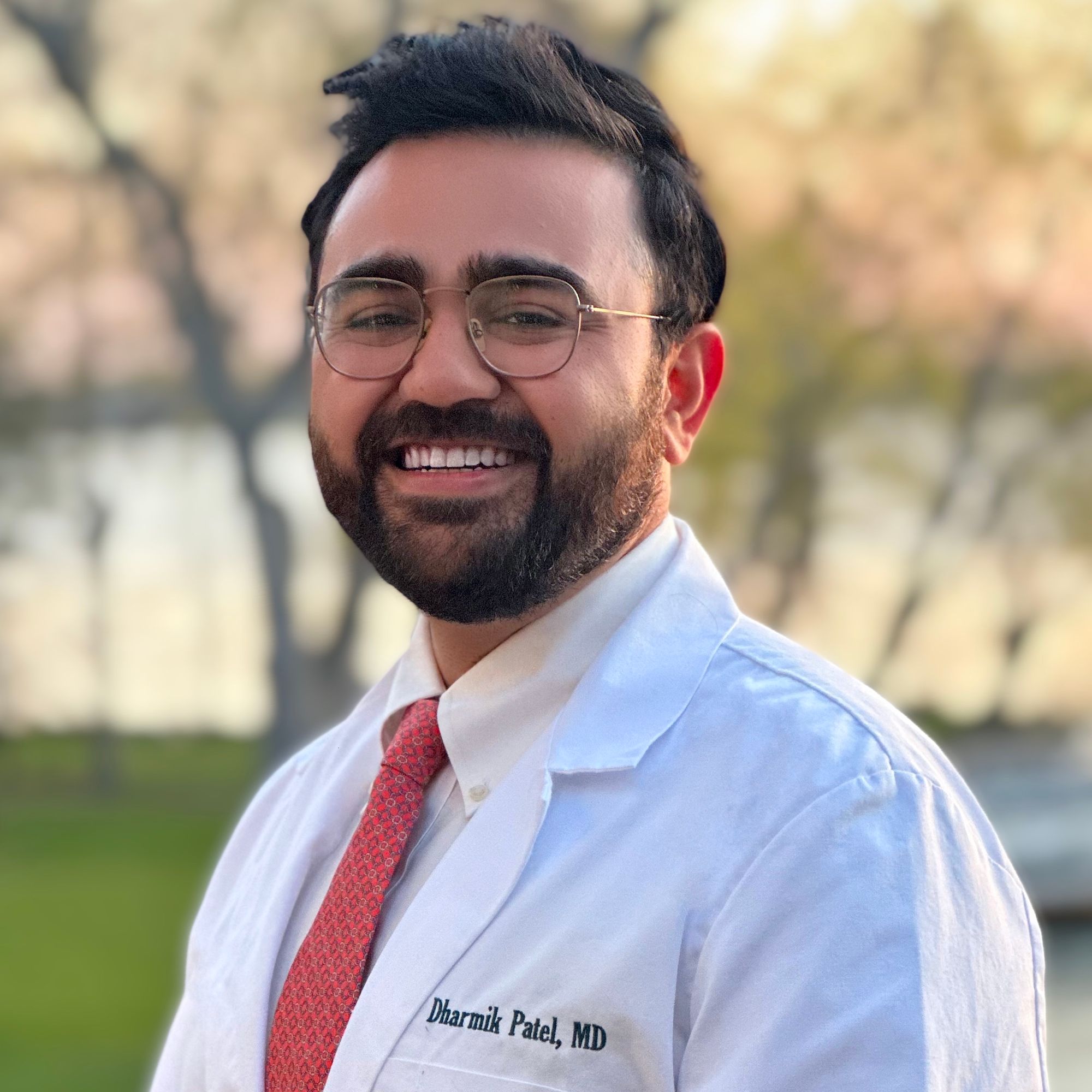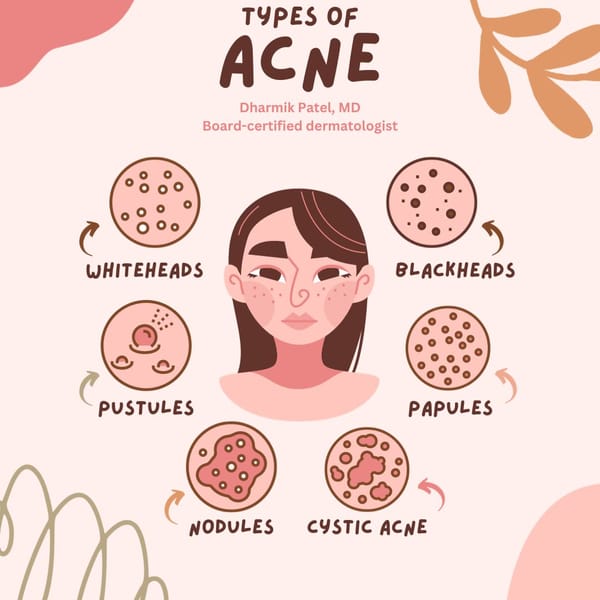Acne - Treatments
Acne is a common skin condition that affects people of all ages! There are several different types of acne, including blackheads, whiteheads, pimples, and cysts. During puberty, an increase in hormones called androgens can cause the sebaceous glands in the skin to produce more oil. This oil, combined with dead skin cells and bacteria, can clog the hair follicles and lead to the formation of acne. Acne is also more common in people who are taking certain medications.
Treatment for acne typically involves the use of over-the-counter or prescription medications to help clear the skin and prevent future breakouts. These medications may include topical creams or gels that contain ingredients like benzoyl peroxide or salicylic acid, which help to kill bacteria and reduce inflammation. In many cases, oral medications may be necessary to help clear up severe acne and prevent acne scars.
It is important to understand that all acne treatments take 6-12 weeks to notice full benefit. Chemical peels and laser treatments can shorten this time when used appropriately.
In my practice, I also like using both chemical peels and laser treatments as adjunctive treatments for hard-to-treat acne that is not responding to topical treatments or when there are contraindications to oral treatments.
Common treatments
Over the counter
Benzoyl Peroxide wash/gel/lotion
Clindamycin lotion/gel/solution
Differin gel
Prescription treatments
Topical retinoids cream/gel/lotion
Topical antibiotics
Topical anti-androgen
Oral retinoids
Oral antibiotics
Oral anti-androgen treatments
Procedures
Chemical Peels - medical grade
Lasers




